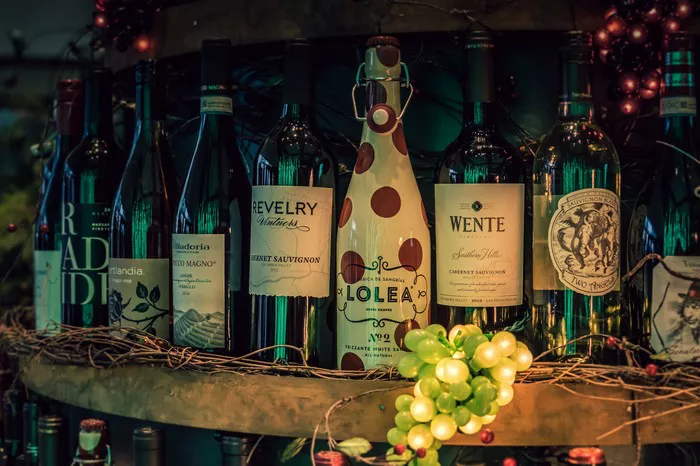Plaimont, a cooperative winery group in South-West France, has achieved the remarkable feat of producing a 9.2% ABV wine without resorting to de-alcoholization methods. Cédric Garzuel, director and head winemaker at the Condom winery responsible for the new label, Elia Liberty, reveals the innovative technique behind this accomplishment.
Harvesting Colombard grapes at just above 10% potential alcohol, the winemakers blended them with a touch of Sauvignon before halting fermentation at 17 grams of sugar. This was achieved by rapidly cooling the tanks to 0°C over 24 hours using a highly efficient glycoled water system.
Throughout the maturation process, customary amounts of sulphites were employed, and the wines were meticulously maintained at low temperatures. Garzuel emphasizes the importance of sterile filtration just before bottling, a standard practice for many of Plaimont’s Côtes-de-Gascogne wines, to prevent fermentation reactivation due to residual sugar presence.
It’s noteworthy that Plaimont’s objective wasn’t to de-alcoholize the wine; instead, they sought to craft a distinctive style without compromising its integrity. Garzuel underscores their dissatisfaction with de-alcoholization methods, opting instead to preserve the wine’s natural essence.
The choice of Colombard grapes was strategic, as they naturally achieve aromatic ripeness before reaching 11% potential alcohol. Seeking out cooler vineyard sites and north-facing blocks, the winemakers identified grapes that historically required chaptalization to attain the desired alcohol level. This particular Colombard, harvested at 10% potential alcohol, exudes a slightly acidic yet highly aromatic profile, making it ideal for the Elia Liberty label.
Plaimont’s innovative approach underscores their commitment to quality winemaking while embracing traditional techniques and harnessing the inherent characteristics of the grapes. As they continue to push boundaries and explore new possibilities, their dedication to crafting exceptional wines remains unwavering.


